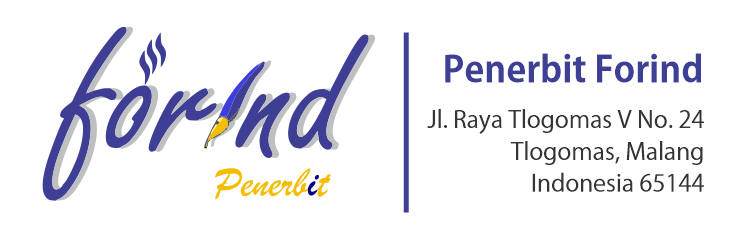ASUHAN KEPERAWATAN DENGAN STUDI KASUS DEFISIT PERAWATAN DIRI DENGAN PENDEKATAN SELF CARE TEORI DOROTHEO OREM
Nursing Care using a Case Study of Self-Care Deficit using The Self Care Approach Theory of Dorotheo Orem
Keywords:
Self-care deficit , Mental disordersAbstract
The biggest challenge in the world of health today that is still of concern to the world is the increasing cases of mental disorders in children and other vulnerable communities, especially teenagers and adults. This is due to several factors, including a family history of mental disorders, promiscuity, parenting patterns, and unpleasant experiences. Using Dorotheo Orem's self-care hypothesis method, contextual investigation aims to determine a picture of nursing care through contextual analysis of caring for one's own deficits. Contextual inquiry is a type of exam setting. Three clients are used in this example: This client has deficits related to self-care. The problem identified was a lack of self-care. The tasks given are self-care and self-administration. The patient looked dirty, had unkempt hair, yellow teeth, dental caries, had an unpleasant odour, and had long and dirty nails before receiving treatment. After receiving the third nursing care, patients are given the opportunity to maintain personal hygiene, care for themselves, and represent themselves. Following this logic, it is possible to argue that self-care interventions may help patients who struggle with self-care.
Published
How to Cite
Issue
Section
Copyright (c) 2023 ASSYIFA : Jurnal Ilmu Kesehatan

This work is licensed under a Creative Commons Attribution-NonCommercial-ShareAlike 4.0 International License.
Attribution-NonCommercial-ShareAlike 4.0 International (CC BY-NC-SA 4.0)
You are free to:
- Adapt — remix, transform, and build upon the material
- The licensor cannot revoke these freedoms as long as you follow the license terms.
Under the following terms:
-
Attribution — You must give appropriate credit, provide a link to the license, and indicate if changes were made. You may do so in any reasonable manner, but not in any way that suggests the licensor endorses you or your use.
-
NonCommercial — You may not use the material for commercial purposes.
-
ShareAlike — If you remix, transform, or build upon the material, you must distribute your contributions under the same license as the original.
- No additional restrictions — You may not apply legal terms or technological measures that legally restrict others from doing anything the license permits.




